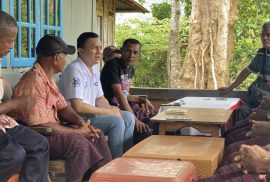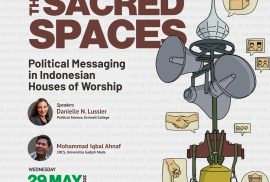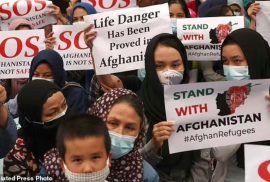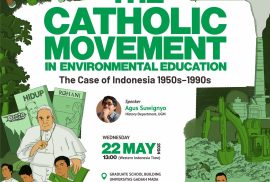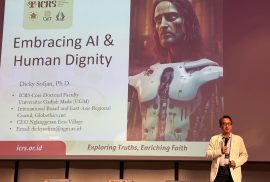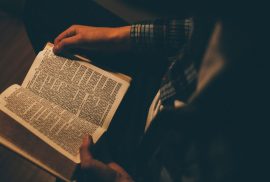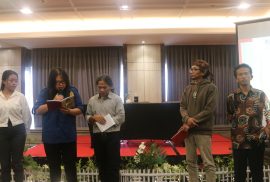Hendrikus Paulus Kaunang
The doctoral program of Inter-Religious Studies (S3 IRS), in collaboration with the National Research and Innovation Agency (BRIN), is embarking on a pivotal two-year (2024-2025) research project. This project, focusing on Digital Inclusion and its Dynamics among Indigenous Religious Communities in Indonesia, is led by Dr. Leonard Chrysostomos Epafras. The research team, including Hendrikus Paulus Kaunang, M.A., Ida Fitri Astuti, M.A., David Akbar Hasyemi Rafsanjani, S.S., and Yeni Yulianti, M.A. (BRIN), has been actively conducting field research since March 2024. These field visits to various indigenous religious communities in Lampung, Riau, Medan, Bangka Belitung, East Nusa Tenggara, and Maluku have provided invaluable insights into the dynamics of digital inclusion among them.

